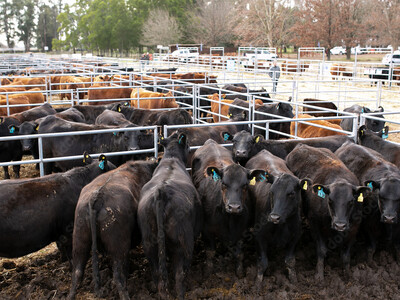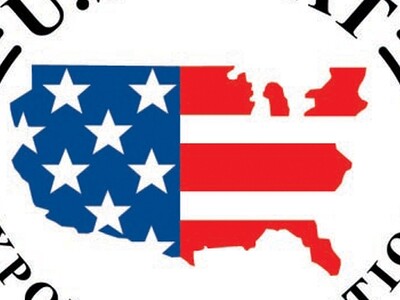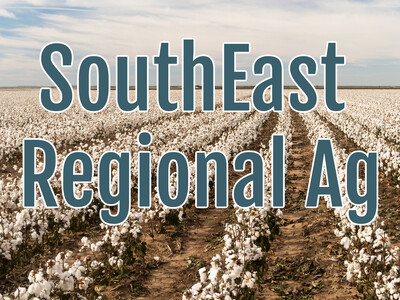Railroad Issues
Farmers are concerned about the dwindling number – and increased monopolization – of railroad companies.Terry Whiteside, an attorney who mainly represents farmers, says the problem is twofold.
First, the cost for transportation typically is taken out of the commodity price for producers, meaning it also is taken out of their bottom line.
Whiteside says this makes transportation a largely hidden cost for farmers.
"So what happens is, the farm producer bears the freight because it's taken out of their price, but they don't physically pay the railroads for the freight," he explains. "And unlike every other industry, the farm producer can't pass those freight charges on to anyone else."
He also says railroads argue in Washington that government intervention is necessary to ensure they have adequate revenue.
"In other words, to keep their earnings up, they want government intervention, but at the same time, in the same proceeding, they'll argue that no government intervention is necessary to limit in any way their monopoly power"
Whiteside says market concentration in the rail industry compounds the problem.
Since 1980, 26 major rail carriers have disappeared, leaving four main carriers that generate 94 percent of the revenue.
Whiteside tells the Public News Service, in places where competition doesn't exist, the shipping rate goes up considerably.













